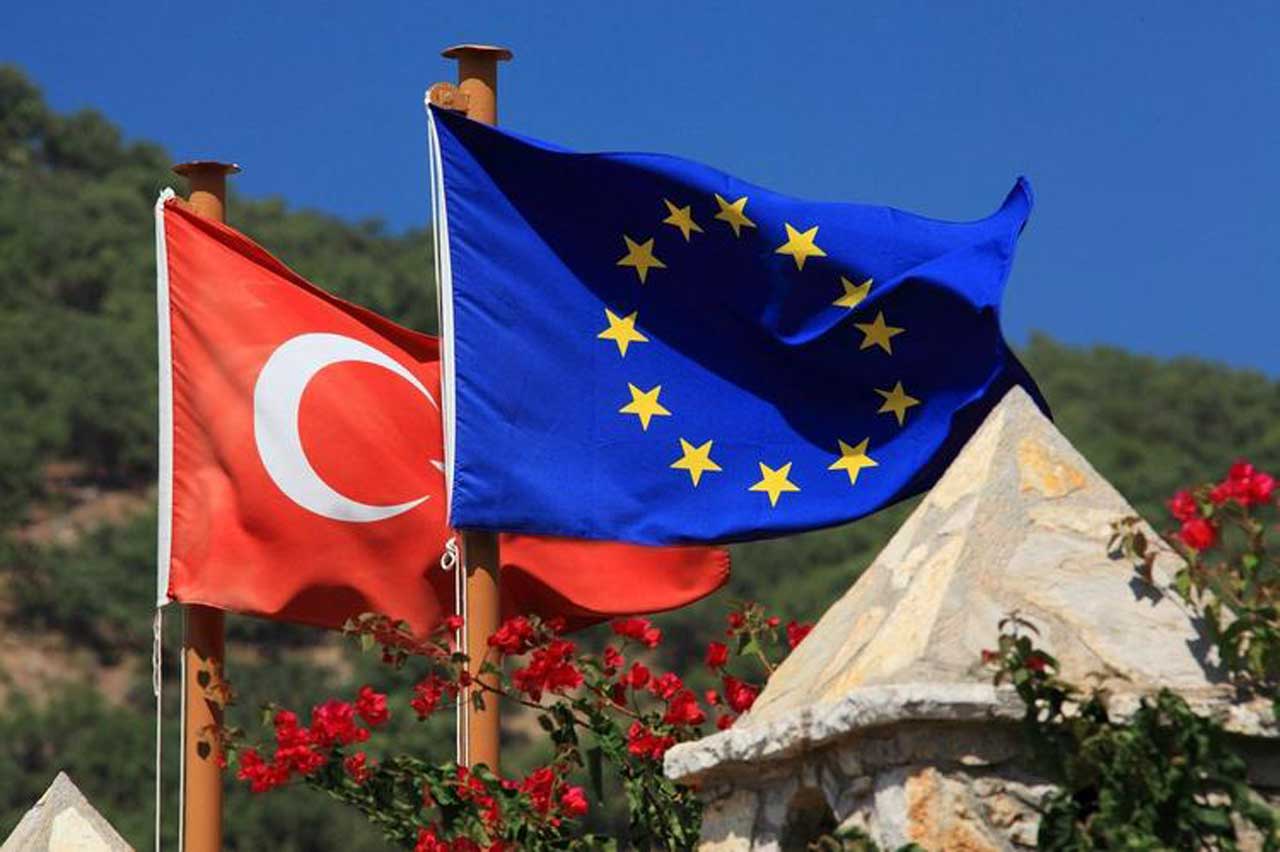The European Union has named its reason for the high rate of refusals of Schengen visas for Turkish citizens. This is false information in the questionnaires and an incomplete package of documents.
The head of the European Union Delegation to Turkey, Nikolaus Meyer-Landrut, once again commented on the increase in the number of refusals of Schengen visas to Turkish citizens, repeating his statements that this issue is not political.
The ambassador told the Turkish newspaper Daily Hürriyet that allegations that the rising rejection rate is political are not true, and the reason for these rates is the increase in the number of incorrectly filled out, unverified documents, and incomplete documents.
“I have to be very clear on one point. We are facing practical problems that we are trying to solve, this is not a political issue. We are seeing an increase in rejections because we are seeing more fake documents and incomplete applications,” he said in an interview.
According to the ambassador, the embassies and consulates of the Schengen states are facing a sharp increase in the number of applications received after the lifting of restrictions related to the coronavirus, not only in Turkey but throughout the world.
As a result, he said, the number of applications has led to increased processing and waiting times, which creates problems not only for travelers but also for embassy staff who have to deal with this backlog of visa applications.
In recent years, the proportion of Turkish citizens who are denied a Schengen visa has been constantly increasing:
271,977 applications submitted in 2021, 16.5 percent rejected
2020 – 229,282 applications submitted, 12.5% rejected
2019 – 906,862 applications submitted, 9.6% rejected
2018 – 879,240 applications submitted, 8.4% rejected
2017 – 971,710 applications submitted, 6.4% rejected
2016 – 937,487 applications submitted, 4.4% rejected
2015 – 900,789 applications submitted, 3.8% rejected
2014 – 813,339 applications submitted, 4.4% rejected
Due to the current situation, many have not been able to travel to visit family members and engage in work-related activities.
The growing number of refusals has been heavily criticized by Turkish authorities, even submitting a report to the Council of the European Union in an attempt to resolve the issue. The report is expected to be discussed at the Parliamentary Assembly of the Council of Europe (PACE) in October.
Turkish Foreign Minister Mevlut Cavusoglu earlier accused the EU of deliberately complicating and lengthening visa procedures for Turkish citizens for political reasons.
However, at the end of August, the EU representative to Turkey, Meyer-Landrut, emphasized that the delay in processing visa applications and the increase in the number of visa refusals are not political or concern only Turkish citizens. She called bounce rates only “slightly above the global average.”
The diplomat also commented on the issue of Turkey’s EU membership, noting that Turkey is currently “the biggest candidate for EU membership.”

